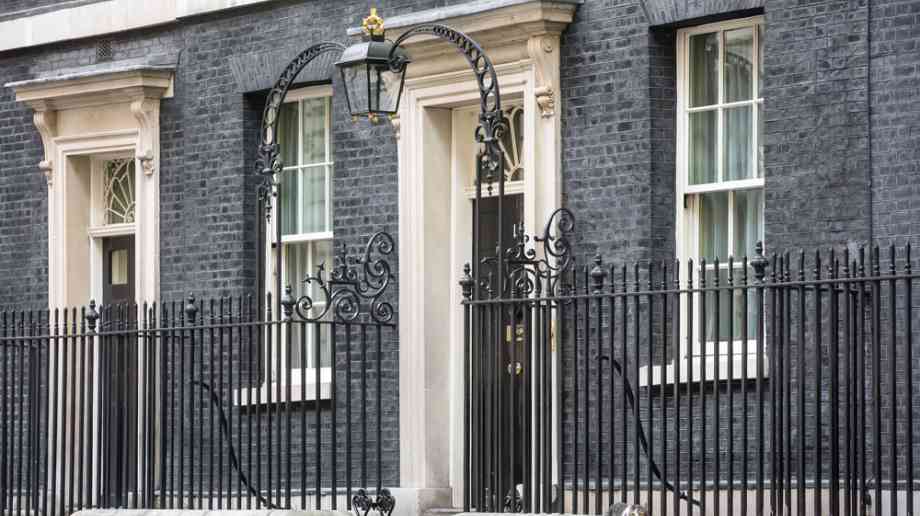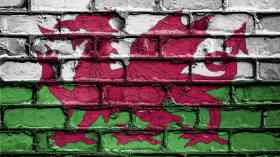Details of budget announced

The Chancellor Rachel Reeves has delivered the Autumn Budget.
Details were revealed ahead of schedule after the Office for Budget Responsibility published their growth forecast early.
The two-child benefit cap within universal credit will be lifted from April 2026. The removal will cost £2.3 billion in 2026- 27 and £3.0 billion in 2029-30 according to the OBR. The cap, which was introduced under the Conservative government has been criticised for driving child poverty.
Energy bills are expected to fall after some levies were removed.
Stew Horne, Group Head of Sector Intelligence and External Affairs at Energy Saving Trust said: “While immediate action to reduce energy bills will be welcome news for many households, it’s disappointing that this choice will result in a significant reduction of the funding available to permanently lower bills and make homes warmer.
“The reality is that this Budget has taken away from the total funding earmarked for upgrading people’s homes, putting fuel poverty and climate targets at risk. We now urgently need to see the publication of the Warm Homes Plan, which must set out how it will deliver home upgrades at pace to achieve the ambitious targets set out by this UK Government.”
The freeze in income tax thresholds has been extended for another three years, until April 2031. Salary sacrifice pension contributions above £2000 will be subject to National Insurance from April 2029 - this will raise £4.7 billion.
The minimum wage for over-21s will rise 4.1 per cent in April, from £12.21 to £12.71 per hour, while the wage for 18 to 20-year-olds will go up 8.5 per cent. This is part of a plan to establish a single rate for all adults, regardless of age.
Some benefits, including all the main disability benefits, such as personal independence payment, attendance allowance and disability living allowance, as well as carer's allowance will rise by 3.8 per cent in April
From 2028, houses worth more than £2 million will be subject for more tax, in the form of a council tax surcharge. This will affect 100,000 properties and could raise £0.4 billion.
Meanwhile, the 5p temporary cut in fuel duty on petrol and diesel will be extended.
Regulated rail fares for journeys in England will be frozen next year for the first time since 1996.
Other measures that were previously announced include extending the sugar tax to milk-based drinks, giving mayors to power to tax overnight stays and freezing prescription charges.
Chancellor of the Exchequer, Rachel Reeves said: "I can tell you today that, for every family we are keeping our promise to get energy bills down and cut the cost of living with £150 taken off the average household energy bill from April.
"Money off bills, and in the pockets of working people. That is my choice."







